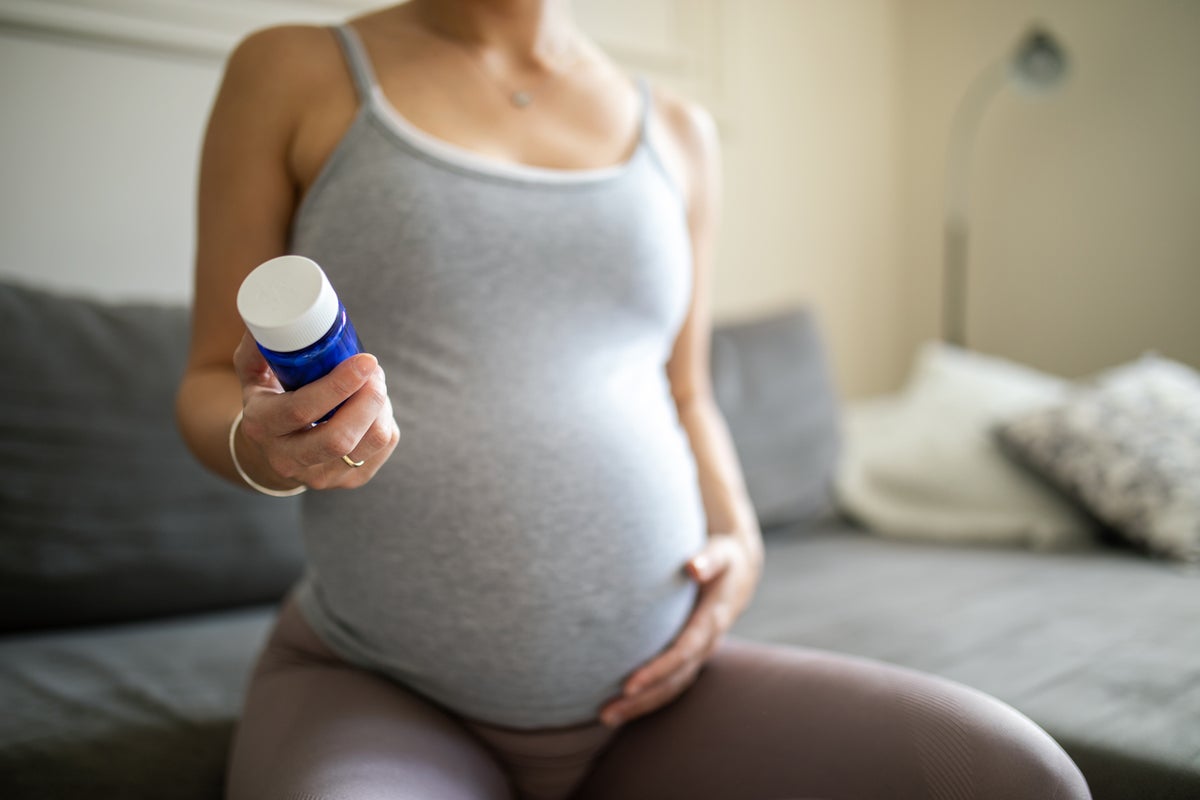The Food and Drug Administration (FDA) and the Department of Health and Human Services (HHS) are raising concerns over antidepressant use during pregnancy, creating uncertainty for expectant mothers who may need these medications. This summer, the FDA held discussions on the safety of certain antidepressants, while HHS officials recently expressed their belief that taking Tylenol (acetaminophen) during pregnancy might increase the risk of autism.
This mixed messaging from federal authorities is fostering fear among pregnant individuals, who face the dilemma of either enduring mental health issues or risking the health of their fetus. Maternal mental health is a critical factor during pregnancy, being a leading complication at childbirth and a significant contributor to maternal mortality in the U.S. The implication that suffering is the only option does not have to be the case.
As a reproductive psychiatrist with 25 years of experience, I have dedicated my career to helping women navigate their mental health during pregnancy and the postpartum period. I co-founded The Motherhood Center in New York City, where I assist women in understanding their mental health and exploring treatment options to achieve the motherhood experience they desire.
Back in the mid-1990s, discussions about maternal depression and anxiety were virtually nonexistent. As a resident physician, I was determined to uncover what I suspected to be a hidden epidemic. I approached obstetricians, inquiring if their patients experienced mental health struggles during or after pregnancy. Most were baffled by the question and assured me that their patients loved being mothers. I knew that this was not the full picture.
Encouraged by mentors, I began to delve deeper into these issues. I assembled a lecture series on postpartum illnesses but faced resistance from the hospital nursing department, which declined my request to present it to expecting parents. Meanwhile, I experience my own pregnancy, working 100-hour weeks with little time to reflect on feelings other than sheer exhaustion. I recall asking our pediatrician whether any new mothers in his practice were on antidepressants for postpartum depression or anxiety. His response was no, followed by an admission that he had never asked them about their mental health. The truth was clear: women feared disclosing their feelings, as they might feel judged for not being ecstatic about motherhood.
Fast forward to 2025, and we now have FDA-approved medications for postpartum depression and pediatricians equipped with checklists to help new parents adjust to the changes in their lives. However, the FDA panel’s recent attempts to undermine decades of research on selective serotonin reuptake inhibitors (SSRIs)—the most extensively studied category of medications during pregnancy—have only stoked fears about their use. One panelist even suggested that heightened levels of depression and anxiety among women might merely reflect emotional sensitivity, referring to these experiences as “gifts.”
After years of effectively treating pregnant women for depression, we cannot turn back. We must not allow them to suffer. The term “postpartum” is officially recognized as a valid category of depression. Our improved understanding is evidenced by the National Curriculum for Reproductive Psychiatry, which trains healthcare providers on these crucial issues. It is well-established that pregnancy does not shield individuals from mental health conditions, and becoming a mother—a concept described by anthropologist Dana Raphael as matrescence—is a significant life transition.
I think of patients like Ms. A, a 13-week pregnant woman carrying twins after struggling with infertility. Instead of the joy she envisioned, she felt panic and doubt about her pregnancy. She visited my clinic at the urging of her partner, who was concerned about her frequent mentions of not wanting the babies she had fought so hard to conceive.
Then there’s Ms. M, who exhibited clear signs of depression: disrupted sleep, loss of appetite, mental fog, low energy, and emotional detachment. She appeared slumped and expressionless while nursing her seven-month-old during her visit. Fearful that I might suggest medication, she had delayed her appointment. “I’m not suicidal,” she insisted. “I just want to escape my life and the relentless demands of this baby.”
After treatment with SSRIs, both women saw notable improvements, highlighting the dangers of leaving such conditions untreated. Without help, Ms. A could have jeopardized her pregnancy and Ms. M’s bond with her child could have been affected, potentially altering her child’s attachment style. These ramifications are far too significant to overlook.
Though SSRIs may yield short-term effects like jitteriness in newborns—effects that typically resolve within days—unmanaged maternal mental health issues have far more severe consequences. These can include preterm births, low birth weights, substance abuse, heightened suicide risks, and various challenges in bonding and maternal care.
It is crucial to acknowledge that untreated anxiety and depression during pregnancy pose greater risks to both mothers and babies than properly supervised antidepressant treatment. When mothers grapple with mental health crises—whether that be from anxiety, depression, obsessive-compulsive disorder, or postpartum psychosis—one question often arises: “What’s wrong with me?”
The lasting effects of untreated maternal mental health issues can interfere with a child’s development and influence parenting capacity, leaving biological “footprints” that could persist across generations. Thus, how we treat mothers fundamentally affects their children—but not in the way the FDA panel suggested.
To advocate for change, it is essential to stay informed through reputable organizations such as the American College of Obstetricians and Gynecologists and the American Psychiatric Association. Consider making comments during FDA evaluations of drug warnings, support postpartum resources, and share personal experiences to help destigmatize maternal mental health struggles.
Significant progress has been made over the past 25 years, but current uncertainties threaten to reverse our advancements in maternal mental health. We must not return to a time marked by silence, stigma, and suffering in silence—neither for ourselves nor for our children.






